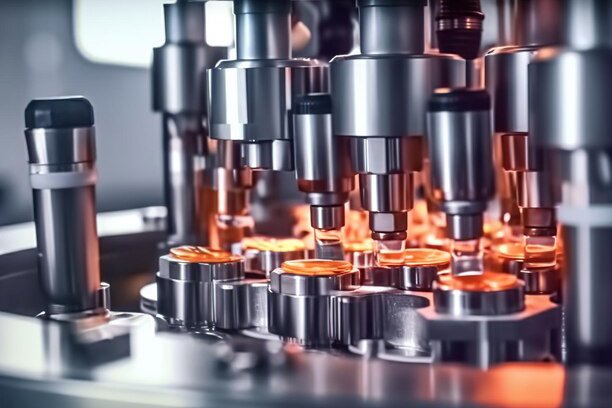
In a hydraulic system fluid flow serves as a successor force. Mineral oil is a common type of fluid used. The nature of the liquid does not have a fixed shape, always adjust the shape they occupy. Liquids can’t be compressed, continuing pressure in all directions. Hydraulics can be expressed as a means of transferring power by pushing several specific liquids. A component called a pressurized fluid flow generator pump, and hydraulic pressure converter components into mechanical motion (straight / rotation) are called the working elements (hydraulic cylinders/motors).
The advantages of hydraulic systems:
- Flexibility in the placement of power transmission components.
- Expenses can be easily controlled using the pressure regulator valve (relief valve).
- Can be operated at varying speeds.
- Direction of operation can be reversed immediately.
- It’s safer if operating at overload.
- Power can be stored in the accumulator.
The weakness of the hydraulic system:
- Hydraulic systems require a clean environment.
- Its components are very sensitive to the damage caused by dust, corrosion, and other impurities, and the heat affects the properties of hydraulic oils
